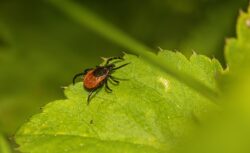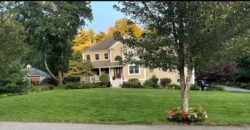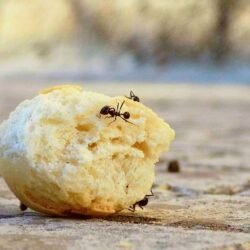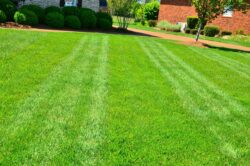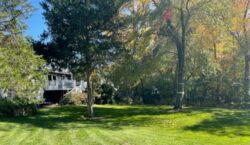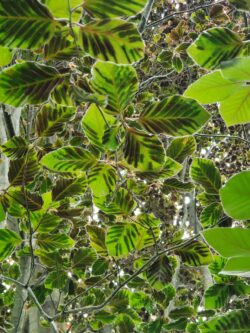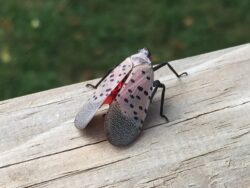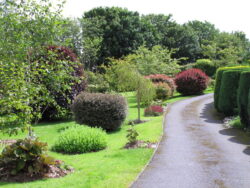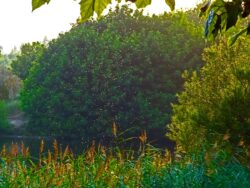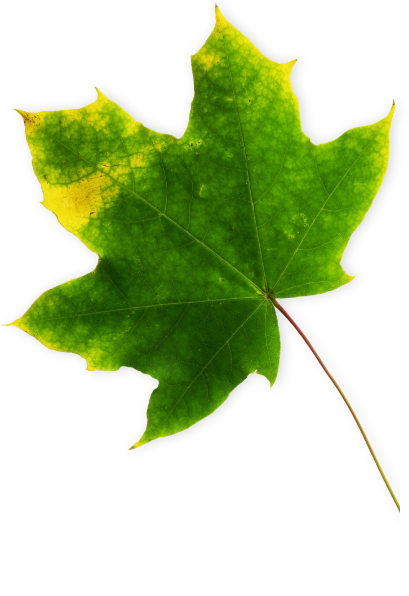Pest Control
Every year brings new challenges – personally and professionally – and it’s no different for our lawns and landscapes. This blog takes a look back at 2023 and discusses the biggest obstacles we dealt with here in Massachusetts. Weather Compared to the very dry weather we saw last year this year was quite the opposite…. View Article
As winter descends upon us, a silent invasion is underway in lawns across the region. Overwintering pests are seeking refuge, biding their time until the warmth of spring awakens them. At Natural Tree and Lawn Care, we’re here to shine a light on the secret hideouts of these intruders and empower you to defend your… View Article
Maintaining a healthy and vibrant lawn can be a challenging task, especially for homeowners who lack the necessary expertise and knowledge. As a result, many misconceptions and myths surround lawn care, leading to incorrect practices and ineffective solutions. In this blog, we’ll debunk some of the most common lawn misconceptions to help you better understand… View Article
Ticks and mosquitoes are not just a nuisance but can also pose serious health risks to humans and pets. That is why it’s important to take preventative measures and invest in tick and mosquito control applications. Here are some benefits of tick and mosquito control applications by Natural Tree and Lawn Care: Protects Your Family… View Article
Updated: 3/29/2023 There is a new disease killing beech trees in our area called beech leaf disease (BLD). Unlike most diseases of trees that are caused by a fungus. BLD is caused by a foliar feeding nematode Litylenchus crenatae mccannii. Both European beech (Fagus sylvatica) and American beeches (Fagus grandifolia) may be affected. The disease… View Article
Spotted lanternfly (Lycorma delicatula) is an invasive plant hopper insect native to China, India, and Vietnam. It was first discovered in the United States in Pennsylvania September 2014. Since that time the insect has spread into Connecticut, Delaware, Maryland, New Jersey, New York, Virginia, and West Virginia. In September 2020, two dead specimens were found… View Article
Ticks & Mosquitoes Positive West Nile Virus (WNV) mosquito samples were identified in Barnstable, Berkshire, Bristol, Essex, Franklin, Hampden, Hampshire, Middlesex, Norfolk, Plymouth, Suffolk, and Worcester Counties. During the course of this year 7 human cases of WNV were detected in in Bristol, Essex, and Middlesex Counties, according to the MA Department of Public Health…. View Article
Lawns, trees and shrubs are living organisms and therefore face their own battles throughout the year. Now is the perfect time to recap many of the diseases, pests and environmental factors that took place in 2020. As professionals, we try our best to aid these living organisms to remain healthy or provide solutions as needed…. View Article
There are primarily 2 mosquito borne diseases in Massachusetts that have special concern. These 2 diseases are eastern equine encephalitis virus (EEE) and West Nile virus (WNV). These Arboviruses, viruses transmitted by insects, though rare, are capable of causing serious disease. These viruses are found in birds and are transmitted from bird biting mosquitos to… View Article
